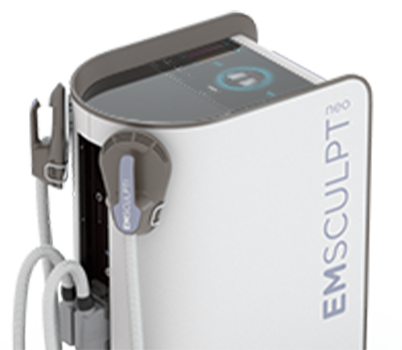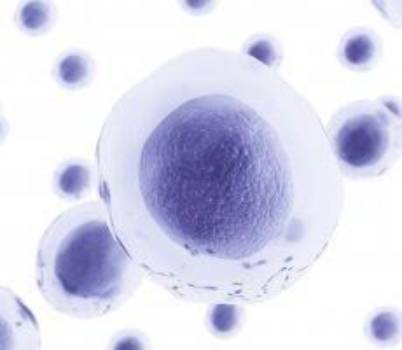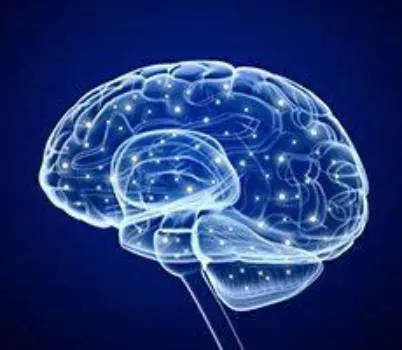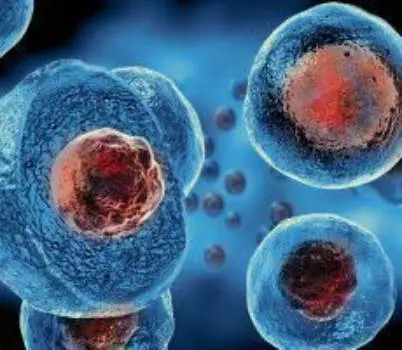NAD+
Dr. Carolyn Kochert
Regenerative Medicine Specialist & Aesthetics Specialist located in Lafayette, IN
Nicotinamide Adenine Dinucleotide (NAD+) is a critical coenzyme found in every cell in the body and is involved in hundreds of cellular bioenergetic processes. This compound works at the epigenetic level to bring health, youth, and longevity.
NAD+
Therapeutic classification can vary widely from age-related metabolic processes, neurodegenerative conditions, inflammation, and immunity. Found as both NAD+ and NADH, NAD+ is the oxidized, active form which enters metabolic cycles to capture electrons and play key roles in metabolic processes and energy expenditure. The reduction and oxidation cycle of NAD+/NADH impacts cellular health through regulation of various proteins and enzymes, the majority of which are involved in a variety of biological processes critical for nearly all aspects of health and wellness.
NAD+ supplementation may help to:
- reduce the body’s oxidative stress load
- manage chronic health and mental conditions
- improve athletic performance
- enhance cognitive capability and mental clarity.
NAD+ as Anti-Aging molecule: Maintenance of Genomic Integrity:
SIRTUINS (SIRTS) are regulators of gene expression active only in the presence of NAD+.
There are seven different SIRT genes, whereas SIRT 1 and SIRT 6 are known for having the greatest impact on life-span extension. Often referred to as “longevity genes” they play vital roles in the organization and recruitment of proteins and enzymes to repair broken DNA.
PARPs are a family of enzymes involved in genomic stability and are dependent on NAD+ as a substrate for enzymatic function. These enzymes cleave NAD+ to release ADP-Ribose Groups, which are used in several necessary cellular processes such as DNA repair, DNA/RNA metabolism, and cellular stress response.
Mitochondrial Biogenesis: Theory of Aging:
The mitochondrial theory of aging proposes that accumulated damage to mitochondria and mitochondrial DNA leads to aging. SIRT1 targets PGC-1 alpha to promote mitochondrial biogenesis by increasing mitochondrial transcription of genes producing machinery for oxidative phosphorylation. SIRT activity is dependent on NAD+ as a substrate, and SIRT genes regulate age-associated processes, such as mitochondrial biogenesis, circadian rhythm, brain function, and many more mechanisms regarding cellular survival.
Inflammaging, Chronic Illness, and Autoimmunity:
CD38 is one of the main NAD+ degrading/consuming enzymes in mammalian tissues, which also plays key roles in multiple physiological processes like immunity, inflammation, and even social behaviors. CD38 is a lymphocyte differentiation antigen expressed in a variety of cells (including neurons, astrocytes, and microglial cells). CD38 regulates multiple components of the inflammatory process, and it has many roles including cell recruitment, differentiation, and proliferation in various cells impacted by a variety of inflammation (autoimmune disorders, neurodegenerative diseases).
There is an age-dependent increase of CD38, which contributes to NAD+ depletion and impaired mitochondrial function observed in neurodegenerative diseases of aging. NAD+ supplementation may aid in the protection of cells impacted by inflammation, as NAD+ does regulate immune cell differentiation and anti-inflammatory molecule production.
By preventing disease progression due to optimal ATP production, aging decelerates. A low ratio of NAD+:NADH is indicative of low ATP concentration, and thus, contributes to disease progression and development of chronic illnesses.
NAD+’s Role in Athletic Performance/Energy and Vitality:
NAD+ plays a vital role in energy production, skeletal muscle development and regeneration. Higher levels of NAD+ augment muscle health as skeletal muscle cells have a large concentration of mitochondria, and mitochondrial dysfunction is a major indicator of sarcopenic muscle. Data has shown both muscle repair and muscle development to rely on changing NAD+ levels, mechanistically linked to metabolism and energy availability.
NAD+ inSubstance Abuse/Addiction:
Debatable, but exciting research, is ongoing to determine the role of NAD+ in drug and alcohol addiction. It has been found that alcohol irreversibly oxidizes NAD+ to NADH resulting in continuous NADH buildup, and less NAD+ availability of TCA participation and ATP generation.
NAD+ Dosage and Method of Administration:
NAD+ supplementation is an expedited way to achieve and restore optimized NAD+ benefits. A combination of lifestyle modification, oral/IM/SQ and IV NAD+ therapy can exponentially enhance anti-aging and longevity.















